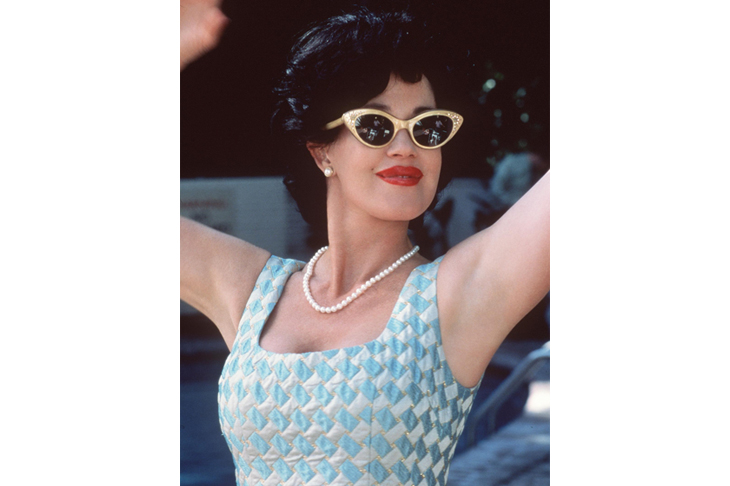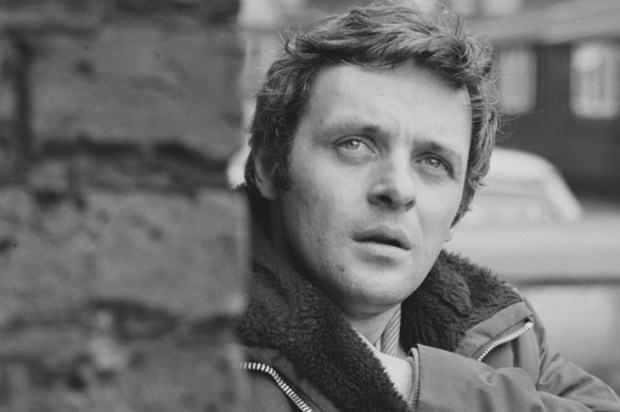It’s interesting to see a new production of The Sound of Music is on at the National Theatre (a somewhat misleading name for it) in St Kilda and it has The Voice finalist Tayla Dwyer in the plum role of Maria in which Julie Andrews enthralled the world back in 1964, especially the female half of it because somehow this Salzburg story of the young novice who falls for the dashing Captain von Trapp in the context of the spectre of Nazism has every young girl and her grandmother yodelling with glee.
Already a subscriber? Log in
Subscribe for just $2 a week
Try a month of The Spectator Australia absolutely free and without commitment. Not only that but – if you choose to continue – you’ll pay just $2 a week for your first year.
- Unlimited access to spectator.com.au and app
- The weekly edition on the Spectator Australia app
- Spectator podcasts and newsletters
- Full access to spectator.co.uk
Unlock this article
You might disagree with half of it, but you’ll enjoy reading all of it. Try your first month for free, then just $2 a week for the remainder of your first year.














Comments
Don't miss out
Join the conversation with other Spectator Australia readers. Subscribe to leave a comment.
SUBSCRIBEAlready a subscriber? Log in